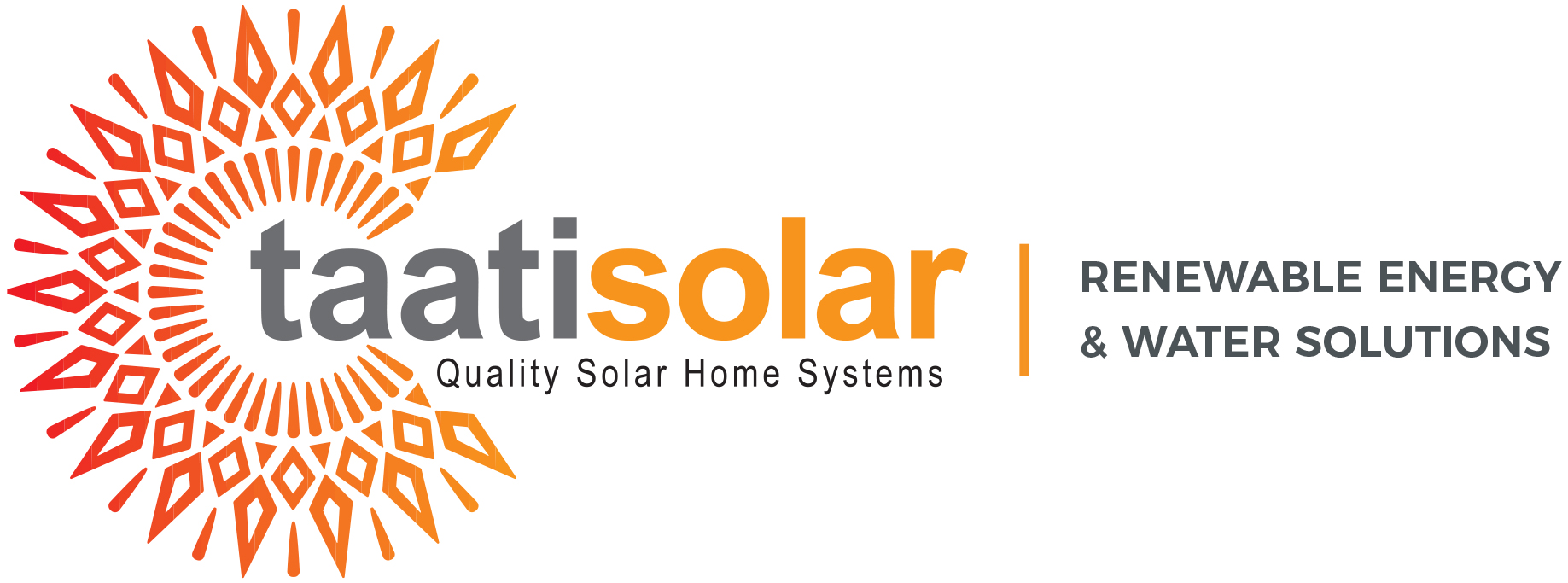The Transformative Power of Solar Energy in Namibia’s Rural Areas
Many people living in rural areas, villages, and unofficial settlements in Namibia, a country known for its magnificent landscapes and rich cultural heritage, still struggle to have access to power. The lack of dependable electrical infrastructure has a significant impact on economic possibilities, healthcare, education, and general quality of life. Despite these difficulties, solar energy has emerged as a brilliant option. This blog examines the significance of solar energy and how it has changed the lives of people who have long lived in the dark.
Empowering Rural Communities
Solar energy has become a source of hope in Namibia’s rural areas, which are difficult for conventional electricity infrastructures to access. Solar power systems offer an environmentally friendly and cost-effective alternative for electrification by utilizing the sun’s plentiful and clean energy. Solar panels produce electricity that can be used to drive lights, charge phones, run necessary appliances, and even control irrigation water pumps. They are frequently mounted on rooftops or in small-scale community projects.
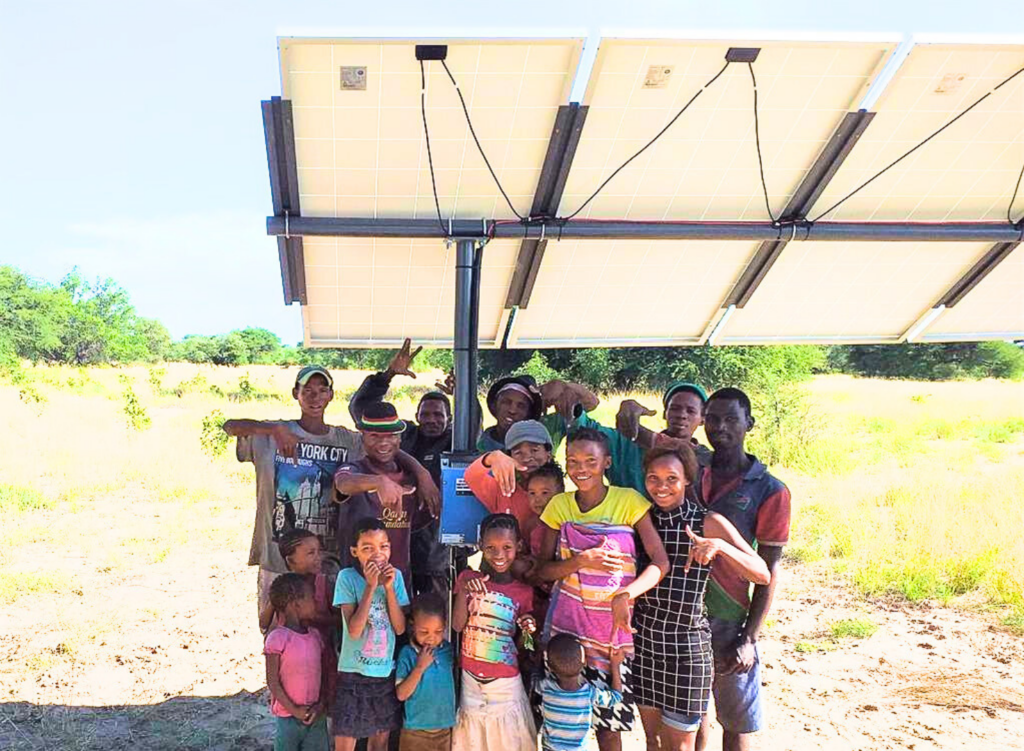
Education and Knowledge
Education is accelerated by having access to electricity, and solar energy is crucial to closing the digital divide in rural Namibia. Schools without power have a very difficult time offering high-quality instruction. For children, solar-powered classrooms with laptops and lighting bring up a world of opportunities. In order to create a more inclusive and productive learning environment, students can continue studying and finishing assignments after sundown, teachers can plan courses more successfully, and students can use digital resources.
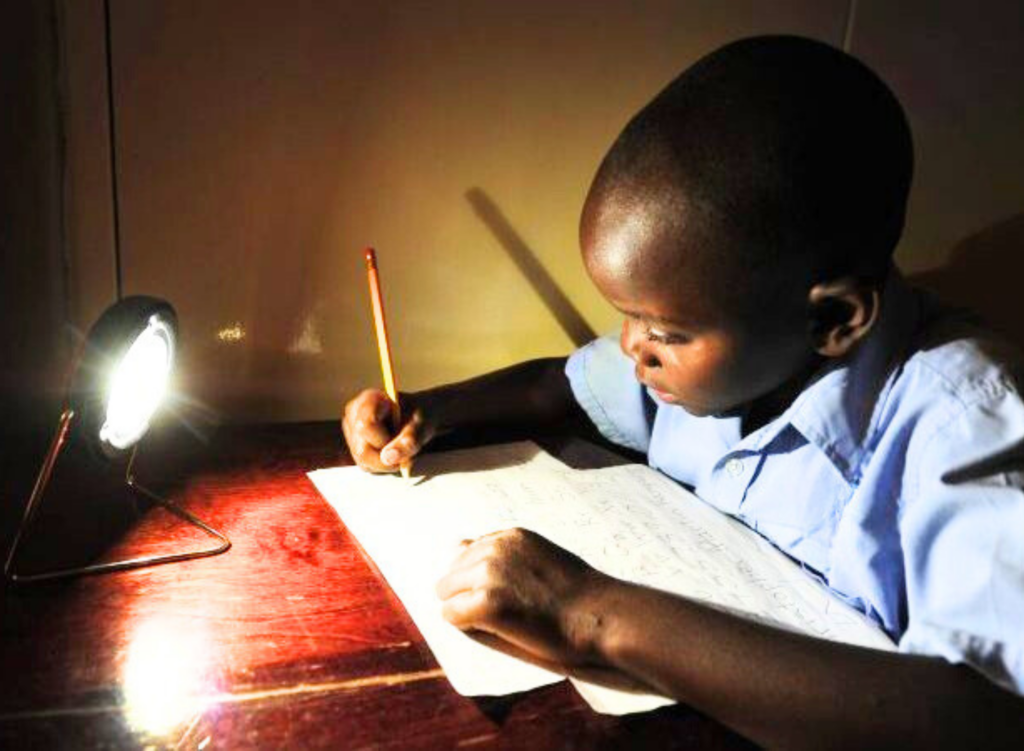
Healthcare and Well-being
Lack of electricity makes it difficult to provide proper healthcare services in rural communities and unofficial settlements. Healthcare delivery in these regions could be revolutionized by solar energy. Using solar-powered refrigeration, medical facilities may safely store vaccinations and pharmaceuticals. Solar-powered lighting makes it possible for medical emergencies and procedures to go place at night, lowering risks and saving lives. Additionally, solar energy can be used to run medical devices like blood analyzers and ultrasound machines, which enhances diagnostic and therapeutic possibilities.
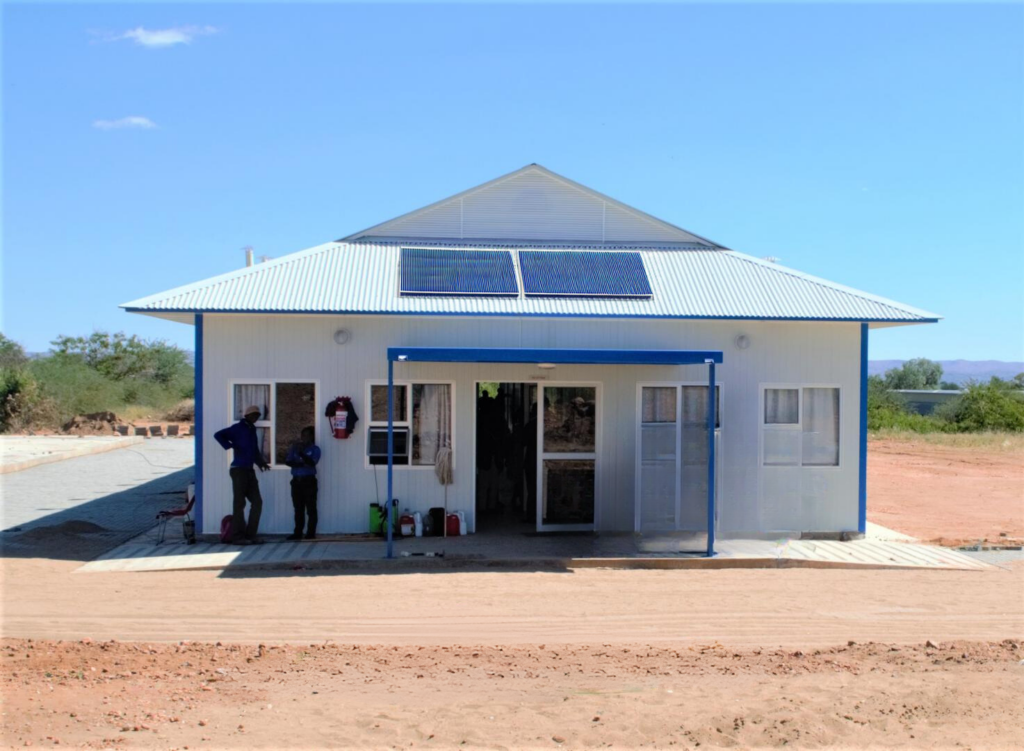
Economic Opportunities
Economic progress and the eradication of poverty are fundamentally fueled by consistent access to energy. In rural areas, solar energy offers fresh chances for entrepreneurship and income generating. Community members can stay connected and obtain information by supporting small enterprises like solar-powered phone charging stations. Solar-powered water pumps increase agricultural output, improving livelihoods and ensuring greater food security. Additionally, solar energy can be used to run small businesses like carpentry and tailoring shops, which will help the local economy and open up job prospects.
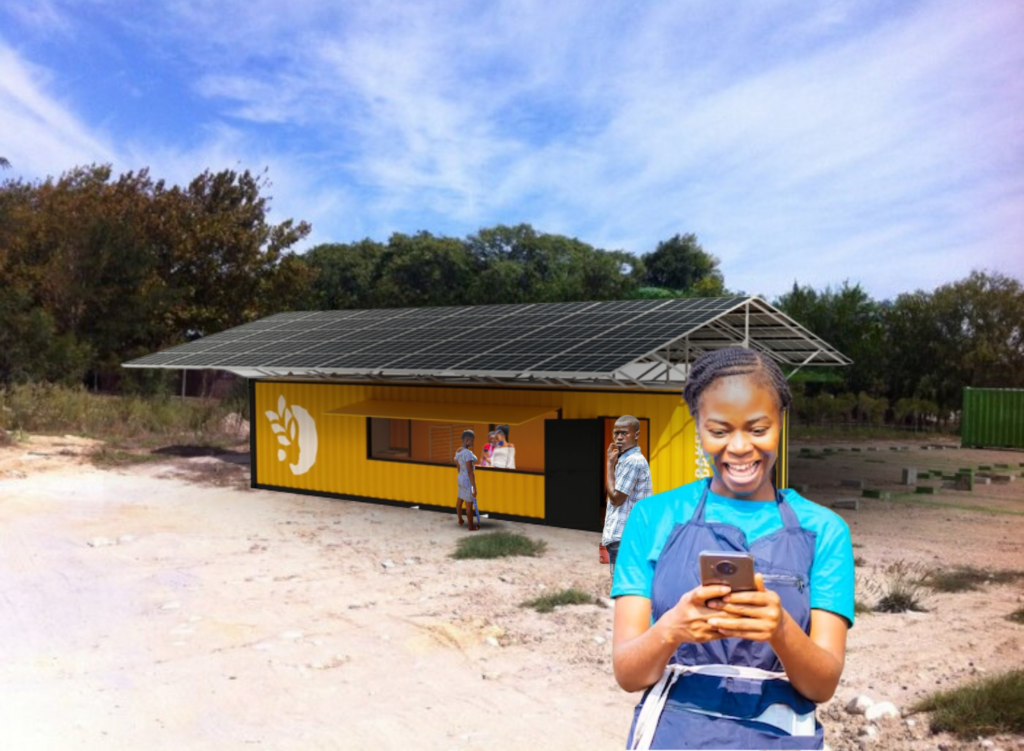
Environmental Sustainability
In addition to its immediate advantages, solar energy supports a sustainable and environmentally friendly future. Solar power is clean and renewable, lowering carbon emissions and preventing climate change, in contrast to conventional energy sources that depend on fossil fuels. Rural communities in Namibia can actively contribute to the preservation of their natural environment and reap the advantages of contemporary energy access by embracing solar energy.
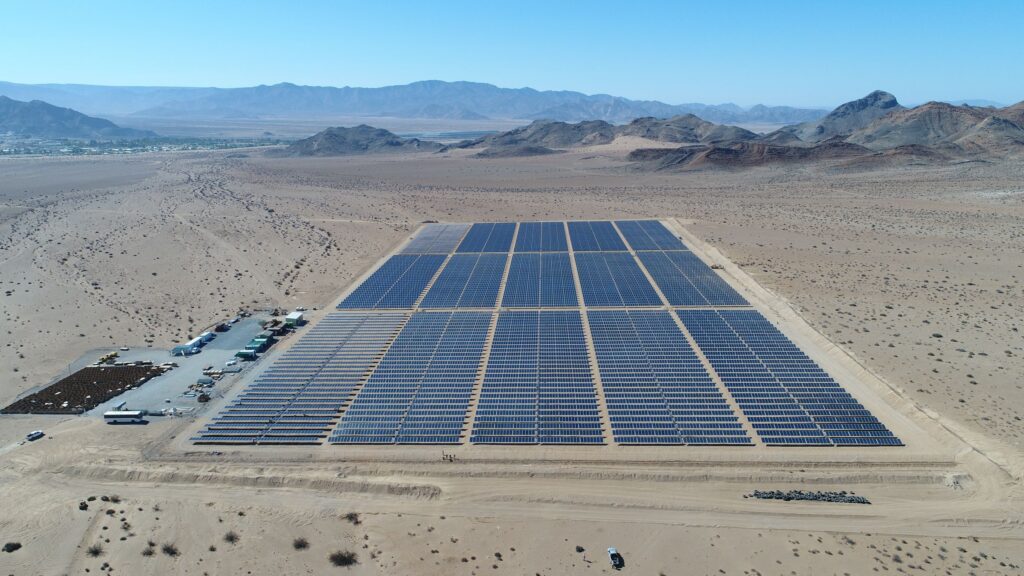
Government Initiatives and Partnerships
The Namibian government is actively promoting the use of solar energy in rural regions because it recognizes its importance. Accelerating solar electrification, reducing energy poverty, and promoting sustainable development are the goals of programs like the Rural Electrification Master Plan and the Renewable Energy Feed-In Tariff Program. Assuring effective execution of solar projects and strengthening local communities have all benefited from collaboration between government agencies, nonprofits, and the commercial sector.

For the millions of people who have been without electricity for years in Namibia’s rural areas, villages, and informal settlements, solar energy is not only a scientific advancement; it is a lifeline. Its effects go beyond simply lighting up homes; they also highlight the way to better healthcare, education, and economic development as well as a sustainable future. Namibia’s rural communities are making a great advancement toward empowerment, toughness, and
